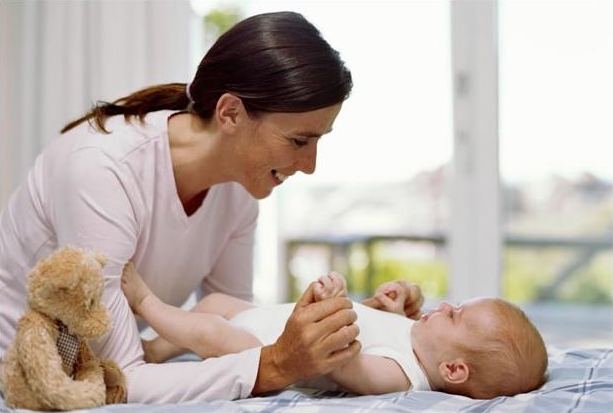Quick Hits
Daily brief research updates from the cognitive sciences

I presume you’re not just talking about stressed mothers stressing out their kids and/or grandchildren?
Not precisely. I’m talking about passing on stress activation patterns in DNA genetically.
Oh, that doesn’t sound good!
No, it isn’t good. We have known for quite a while that so-called epigenetic changes seem to be passed on to offspring.
What’s epigenetic?
All genes need to be activated and can be activated in different ways. Epigenetic markers are not a change in genes but how the existing genes are activated or not.
Ok, and this can be passed on?
Yes, the researchers from the University of Iowa, found out the precise mechanism. Clever things they are. But it is complicated. Basically instead of cleaning the hard drive, so to speak, and resetting genes, a protein released stops this “cleaning of the hard drive” and instead of the genes being reset the stress is passed on. Specifically in this case being present in unfertilised eggs.
And what changes?
In this case, Quote: “One of these newly silenced genes encodes the insulin receptor, which is central to metabolic changes with diabetes in humans, and which, when silenced, alters an animal’s physiology, metabolism, and stress resilience.”
Is this big news
Well, as I said, we already knew some of these things can be passed on. For example previous research has shown parents who have been though periods of starvation add an “eating” gene activation and this is passed on to children who are more likely to become obese. Read about that here.
Oh wow? So we should look after ourselves because the damage we do to yourselves can be passed on to our children.
Precisely!

Andy Habermacher
Andy is author of leading brains Review, Neuroleadership, and multiple other books. He has been intensively involved in writing and research into neuroleadership and is considered one of Europe’s leading experts. He is also a well-known public speaker speaking on the brain and human behaviour.
Andy is also a masters athlete (middle distance running) and competes regularly at international competitions (and holds a few national records in his age category).
Reference
Srijit Das, Sehee Min, Veena Prahlad.
Gene bookmarking by the heat shock transcription factor programs the insulin-like signaling pathway.
Molecular Cell, 2021
DOI: 10.1016/j.molcel.2021.09.022
More Quick Hits
Swearing can increase strength, self-confidence, and risky behaviour
Quick HitsDaily brief research updates from the cognitive sciences wearing is frowned upon in many circumstances but is also used by many people in casual situations and particularly by comedians. So why do we swear if it is taboo? A team of...
Neurons for alcohol withdrawal
I’ve reported on alcohol a number of times. Most recently reporting that even low quantities of alcohol appear to age the brain (however, higher quantities are much worse). Researchers had previously found that a signalling molecule pathway in the brain seemed to...
How the Arts Help Self Control
Quick HitsDaily brief research updates from the cognitive sciencesome people criticise arts education, thinking that it is more play and has no clear life function. Normally a certain type of conservative. This is short minded; we know that arts...
How the gut communicates with your brain
Quick HitsDaily brief research updates from the cognitive sciences ust after publishing the article on Serotonin and stating that the gut and brain’s serotonin systems can be considered separate entities, out comes a piece of research to show that...
Are you an “elite sleeper”? It’s in your genes.
Quick HitsDaily brief research updates from the cognitive sciences ’ve reported many times on different aspects of sleep and how important this is for health in general and for brain health in particular. You can go here for a short review of all...
Controlling social mingling by laser
Quick HitsDaily brief research updates from the cognitive sciences here has been plenty of research into brain areas that contribute to our social brain but these researchers around Stephen Mague at Duke University went a step, or two, further and...






